Modern society is one of instant access and gratification. We want everything now.
Technology has been the obvious catalyst of this “I want it now” mindset. With everything available at the touch of a screen on our mobile devices – entertainment, lodging, transportation, finances, schooling, business, relationships, etc. – patience is no longer in our vocabularies.
Remember the days of waiting until next week to see the next episode of our favorite TV show? Many people don’t even remember those days when you couldn’t watch TV on the phone, let alone being able to watch an entire season in one day.
It’s no surprise that the world of investing has mirrored society in general. You no longer have to call your broker to check the status of your investments and make trades. You can do it all on your phone, and if you have the Robinhood app, you can do it for free.
The result of all this instant and free accessibility is extreme market movements and volatility. When the herd moves, it moves, but that’s the cost of liquidity.
Not all investors are enamored with liquidity. There is a segment of investors who understand the price of liquidity is extremely volatile and investment bubbles. This volatility was on full display during COVID when millions of novice investors hit the equity and crypto markets armed with stimulus money and free trading on Robinhood. The liquidity and accessibility of the markets turned investors’ cell phones into their personal Vegas, where they would rush from investment to investment, looking for the next jackpot.
Throw into the mix social media, online forums, cable financial news, and talking heads, and you have a recipe for disaster. After hitting records in 2021, the markets crashed in 2022, where the S&P 500 shed 19.44%, and Bitcoin (reflective of the crypto market) shed 65%.
Not every investor fell for the hype buzzing in the stock and crypto markets over the past few years. One segment shunned the liquid markets and the enticements of shiny new objects by sticking to tried and true illiquid investments.
Liquidity is what sets the average investor apart from successful ones. So, while the general investing public prizes liquidity, smart investors avoid it because they know only bad things can come from liquidity-induced volatility. In contrast, good things can come from patience.
What type of investor are you – one that prizes liquidity or one that values illiquidity?
Know the difference:
TEAM LIQUIDITY:
Liquidity is everything for most investors because of their main investment objective: appreciation. They are only concerned about profiting from the increase in the price of something. The stock and crypto markets aim to buy low and sell high. You can also make money from shorting a stock if you think it will fall. It’s all about timing; without liquidity, none of this would be possible.
Investors on team liquidity are a manic bunch. When the goal is to get a jump start on everyone else, there’s never peace because these investors are constantly hanging on every single clue social media, the internet, cable news, and talking heads have to offer regarding the movement of particular stocks or cryptocurrencies.
A clear profile of the modern investor who treasures liquidity has developed in recent years.
They are:
- Indecisive. They’re never really sure about their investment choices because nobody can guess the markets – not even the pros.
- Neurotic. They are prone to acting on their emotions instead of looking at the facts and numbers, resulting in irrational decisions based on what the herd is doing and from a fear of missing out (FOMO).
- Check Their Investments Constantly. They are constantly checking their phones to check on their investments to make sure they’re not missing out on any groundbreaking news that will affect their investments.
- Speculators Chase Shiny Objects. They are constantly seeking the next Google or Amazon to make their fortune.
- Gamblers are Seeking the Next Home Run. They’re willing to take big risks for that big payout, even if logic and the numbers indicate a bad investment.
- Traders, Not Investors. Investing is expending money with the expectation of achieving a profit or material result by putting it into financial plans, shares, or property or by using it to develop a commercial venture. Investing implies putting money into something productive that will generate a return in the future. What the modern investor does is more akin to gambling, not investing. They’re traders, not investors.
TEAM ILLIQUIDITY:
Smart investors don’t speculate. They invest. And when they invest, they have specific goals that center around time and not timing. The profile of this investor is also clear.
They covet:
- Illiquidity. These investors invest for the long term. They invest in productive tangible assets that generate income. Time allows these assets to mature and grow. Investments in commercial real estate and productive private businesses (private equity) are two of the most popular assets among this group. These assets typically involve long lockup periods that these smart investors covet because this illiquidity insulates these assets from herd behavior and market volatility.
- Passive Income. Passive income is the key to wealth. It can be generated in your sleep, and you can create multiple streams to accelerate your wealth. Passive income is how you can cut the cord of your job.
- Leverage Expertise. Why reinvent the wheel? Smart investors would rather lock up their money to partner with seasoned experts with valuable knowledge who can generate reliable and consistent returns than try to do things independently.
- Multigenerational Wealth. These investors invest with an eye on future generations and the current ones. As a consequence, speculation has no room in their investment activities. Tangible income-producing assets like real estate and private businesses are ideal for generating income for current needs while maintaining their value over time to provide for future generations.
- Tax Benefits. A penny saved is a penny earned, and private investments structured as partnerships are ideal for saving significant amounts in taxes from the pass-through of deductions and depreciation as well as the lawful avoidance of other taxes such as self-employment taxes so that investors can save more of what they earn.
On the side of what team do you fall? Maybe it’s time to ignore the crowds and consider all the benefits illiquid alternative assets have to offer.





